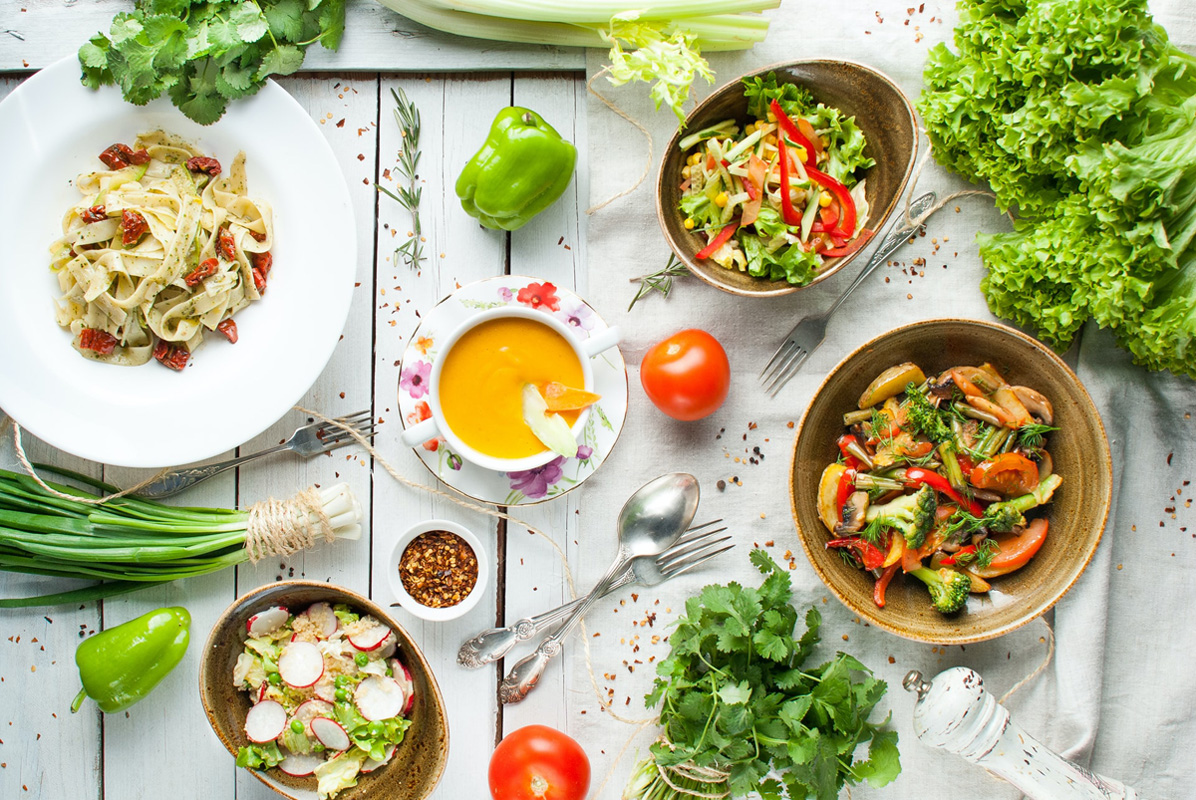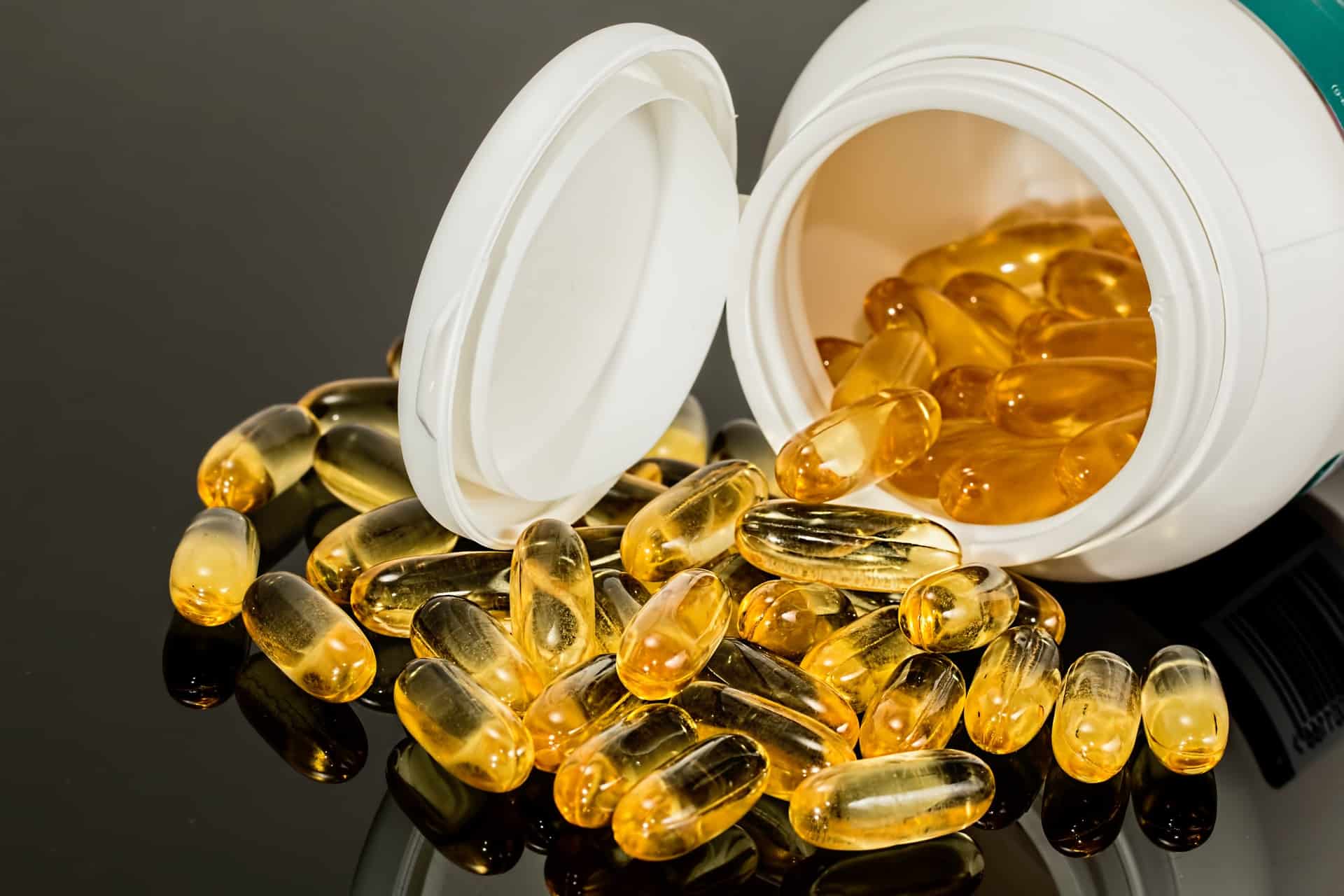Getting surgery is often necessary to save someone’s life. Some procedures may fall under cosmetic, but may actually improve your health or change your life. But this also means that going under the knife can be traumatic for some people, which is why it’s important to lead a healthy lifestyle during the recovery process.
That often means spending time in a conducive environment with peace and fresh air, being moderately physically active, and eating the right types of food.
Your diet speaks a lot about your well-being, eating nutritious food can only have benefits to your health. And if you’re recovering after a major surgery or minor procedure, then here are the types of food that you should eat, as well as some that should definitely be avoided.
Eat: high-fiber food
Food groups rich in fiber are important as they contribute to your gut health and promote healthy bowel movements. Meaning, eating enough fiber helps prevent constipation, something that can be common after surgery. And dealing with ongoing constipation can cause more pain and other complications, which is the last thing you need while recovering.
So, feel free to eat whole-grain bread, oatmeal, corn, fruits, vegetables, and cereals. However, with cereals, make sure they’re truly rich in fiber and low in processed sugars and other additives.
Avoid: foods that cause constipation
As we’ve already mentioned, constipation can lead to pain and cause stress on the incision. And if you’re taking prescribed painkillers (opioids), then chances are you’ll experience some constipation, because these medications can often slow the bowel movements.
Another way to reduce instances of constipation, it’s important to stay away from food that are high in fats, sugar, and low in fiber. That includes dried fruits (minus prunes), full-fat dairy products, cheese, red meat, potato chips, and confectionery products.
Eat: Whole grains
Again, whole grains are rich in fiber, and by adding some healthy seeds, they can be a true nutritional powerhouse. They’re also abundant in vitamins and minerals, meaning they’re very likely to speed up the recovery process. The best time of day to eat whole grains is, of course, during breakfast. So rather than eating bacon and eggs, make sure to treat yourself to a nice bowl of oatmeal, topped with some of your favorite fruits.
Avoid: processed grains
Sure, food that contains processed grains are among the most delicious ones, but they’re not going to be helpful if you want to have a smooth recovery. Eating pastries, cakes and pizza might help you feel better emotionally, but these types of food won’t do much for your physical well-being.
Therefore, if you feel a craving, it’s better to opt for the healthiest rice, with some lean meat and vegetables. That might not be as delicious as other options, but you’ll feel better knowing you’re doing your best to get well after the surgery. Keep in mind that processed grains are empty calories that are not nourishing nor beneficial to you in any way.
Drink: water and healthy beverages
The common rule states that you should fast at least 12 hours before surgery. That also includes refraining from drinking water. Therefore, it’s absolutely critical to drink plenty of water post-surgery in order to prevent further complications, such as vein thrombosis and pulmonary embolism.
Additionally, water is crucial as it helps the body remove toxins from anesthesia, and it can also help prevent certain infections that are very common due to the weakened immune system. And if you want to drink something else besides water, then it’s best to opt for healthy herbal teas and freshly squeezed juices without added sugar.
Avoid: alcoholic drinks
Drinking alcohol might seem inevitable in certain moments, and having a successful surgery might be one of them. What’s a glass or two of your favorite wine to celebrate your new lease on life? However, that doesn’t mean you should actually drink: instead, fill your glass with some water and raise it to toast together with your loved ones.
You should avoid alcohol for at least one to two weeks following your surgery, and if you take anti-pain meds then you shouldn’t drink until you finish taking them. This is all due to the fact that drinking alcohol after surgery can lead to complications, including infections and wound healing issues.
Conclusion
Some foods are better than others, and that’s why it’s important to be careful with what you eat and drink after the surgery. You might feel tempted to eat a bag of chips or have some beer in order to celebrate, but it’s more advisable to stick to your doctor’s orders and stay away from harmful foods until you’re fully recovered. This is especially important if you’ve had intestine surgery.
But even if it was any other procedure, you should still be mindful of your diet and activities post-surgery. Resist the strong urge to satisfy your craving for your favorite but unhealthy food; the sacrifice won’t last forever.
Soon you’ll be able to recuperate and resume living your best life. Hopefully, it’ll lead you to a healthy lifestyle as well.




